An allergy to red meat known as alpha-gal syndrome is brought on by tick bites and is becoming a global issue.
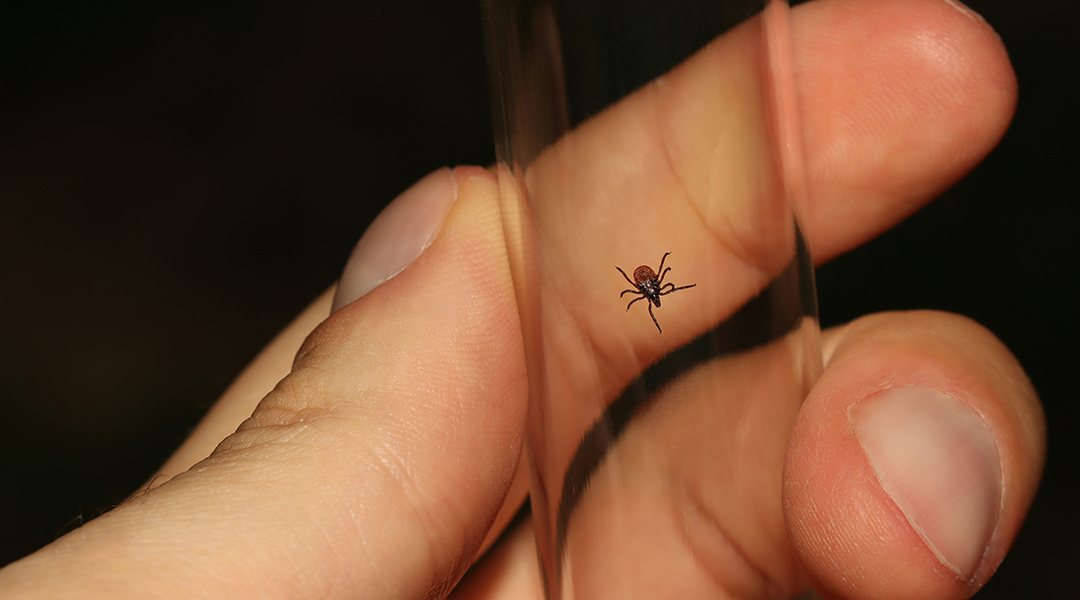

An allergy to red meat known as alpha-gal syndrome is brought on by tick bites and is becoming a global issue.
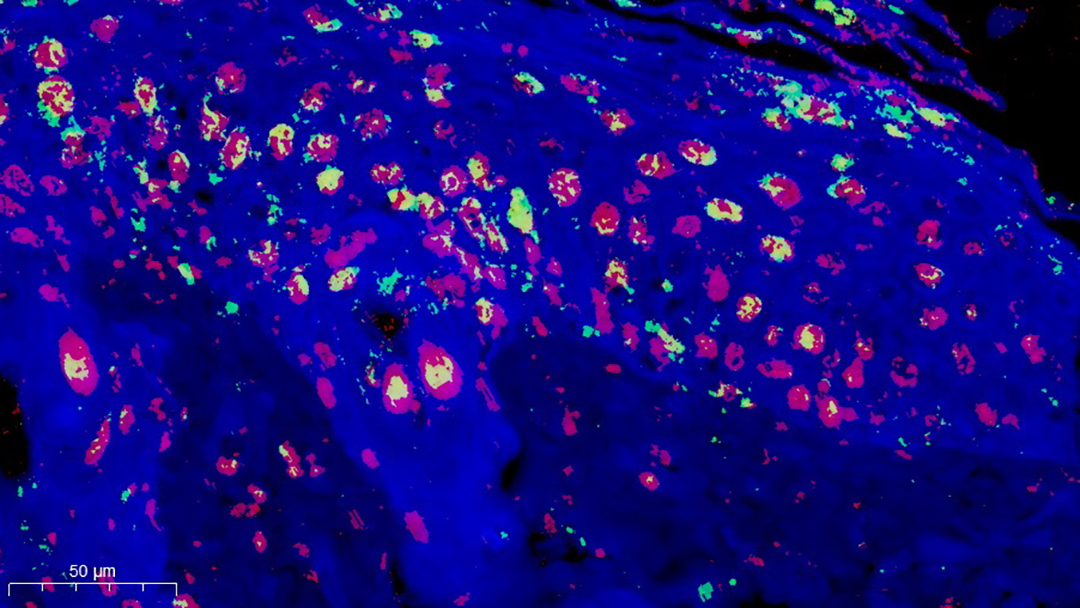
Zwitterionic hydrogels boost healing in diabetic wounds by balancing the immune response, reducing inflammation, and promoting tissue growth.

In this third and final article in a series on philosophy and science, we look at how modern science shows the validity of dialectical processes and how this can help guide science.
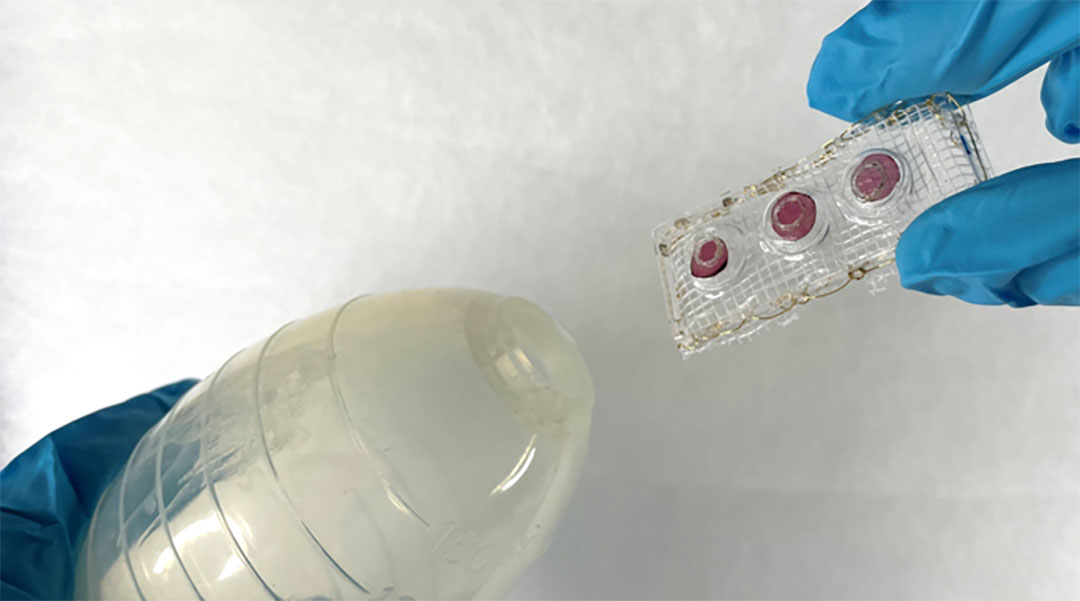
Enzymes embedded into a plastic strip enable the rapid, naked eye-detection of incompletely healed tissue following abdominal surgery.

Scientists are approaching disease and diagnosis in a new way, leverage big data to provide better options for both clinicians and patients.
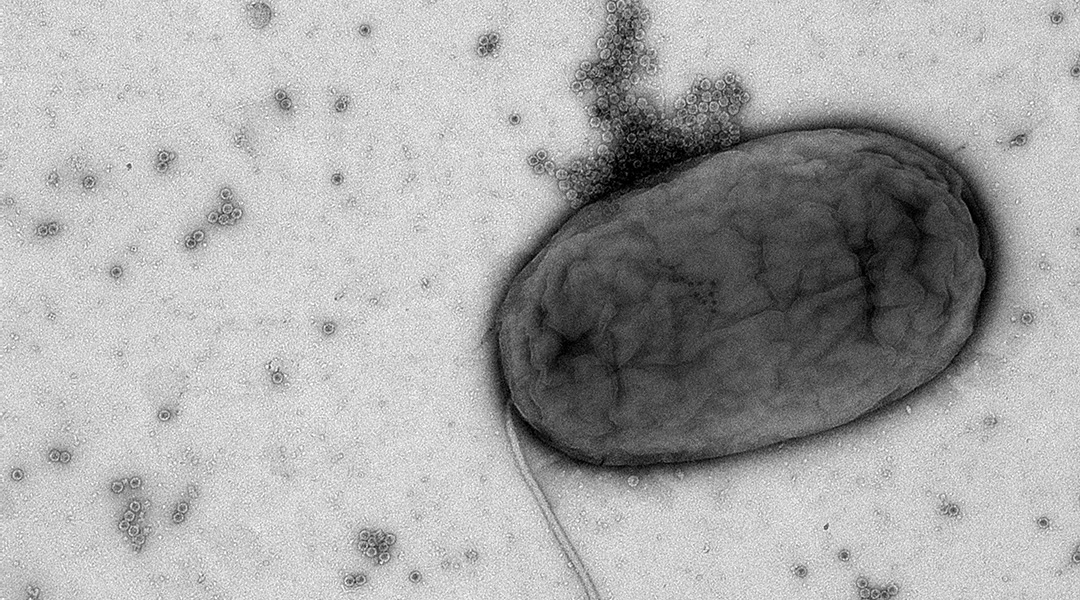
Harnessing bacteriophages’ natural prowess, scientists crafted an antibacterial material for use in medicine and the food industry.
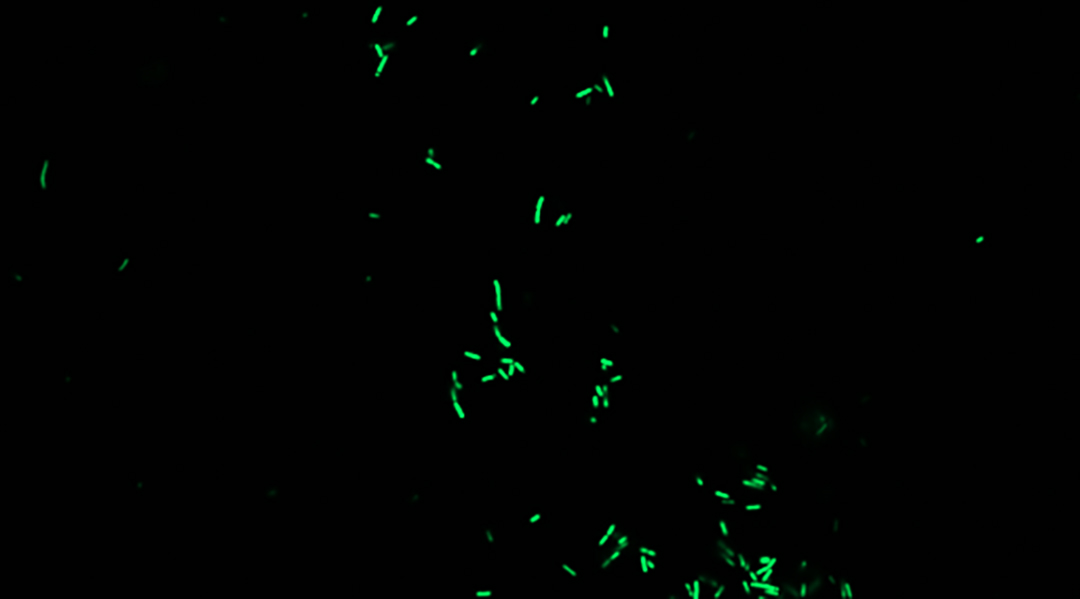
First living biosensor developed to study honeybee gut microbiome, providing insights into health and conservation.
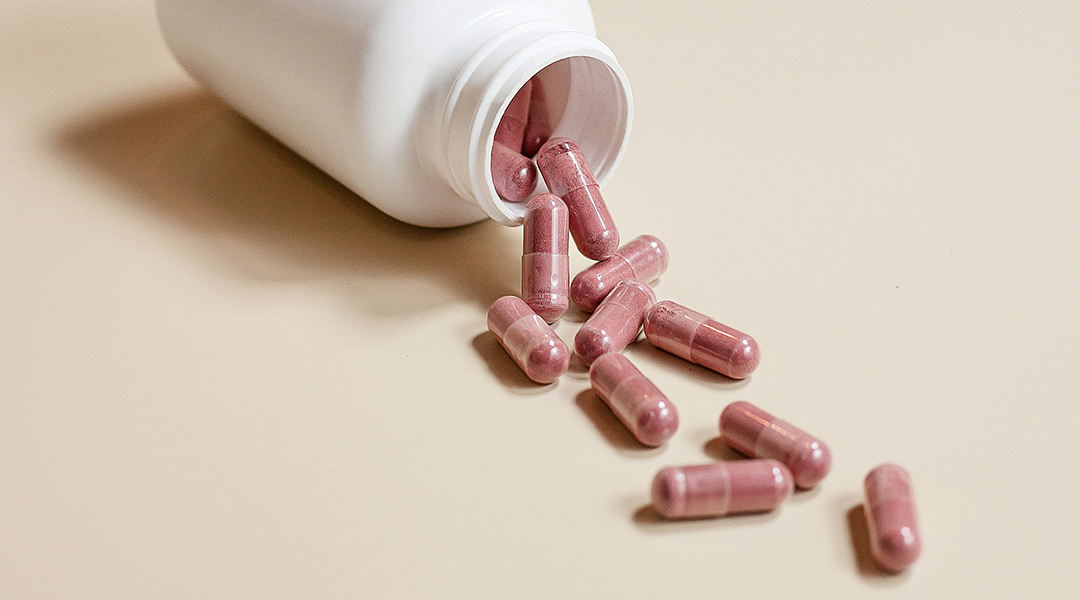
Study finds patients with high risk factors for cardiovascular disease may benefit from preemptive use of specific probiotics.
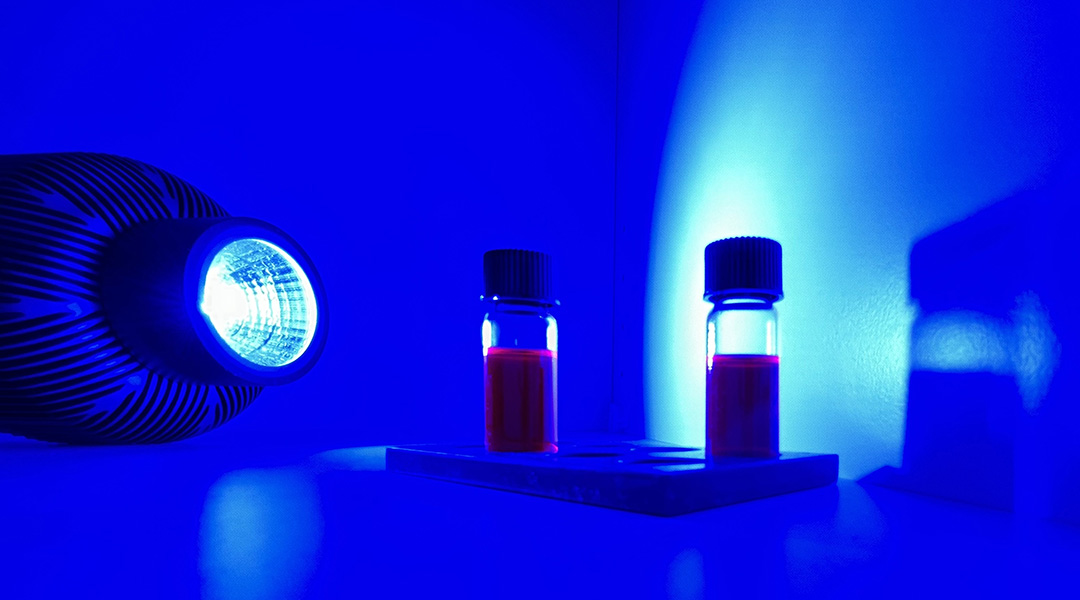
Researchers use photocatalysis to edit molecules, adjusting carbon-based ring sizes for versatile structures.
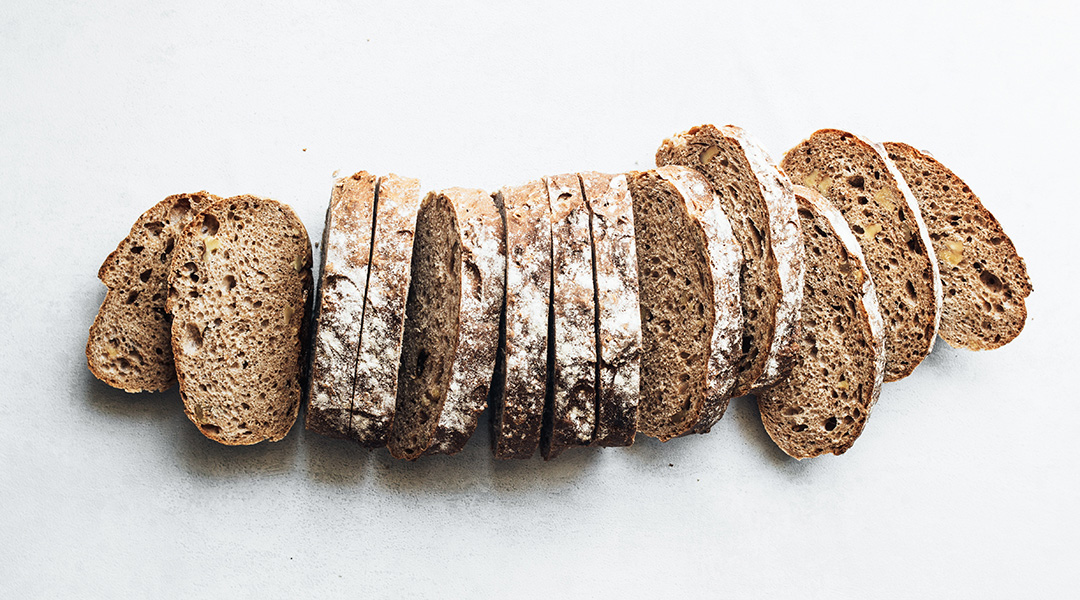
The nocebo effect appears to play a role in gluten sensitivity, indicating the brain’s possible involvement in the condition.